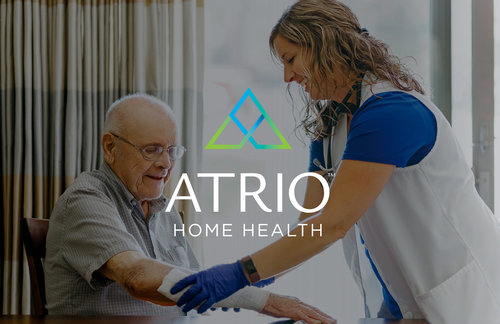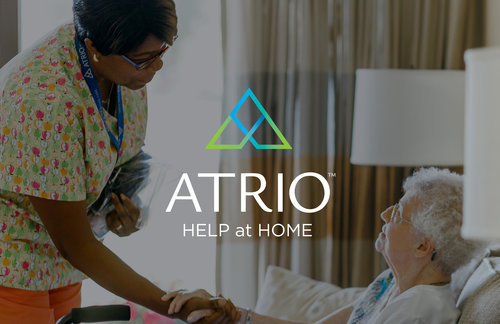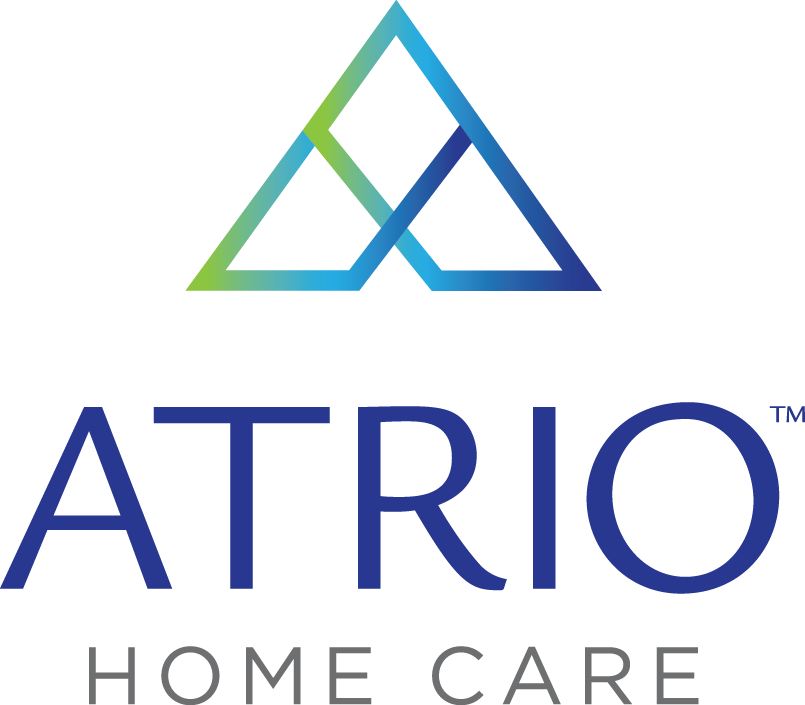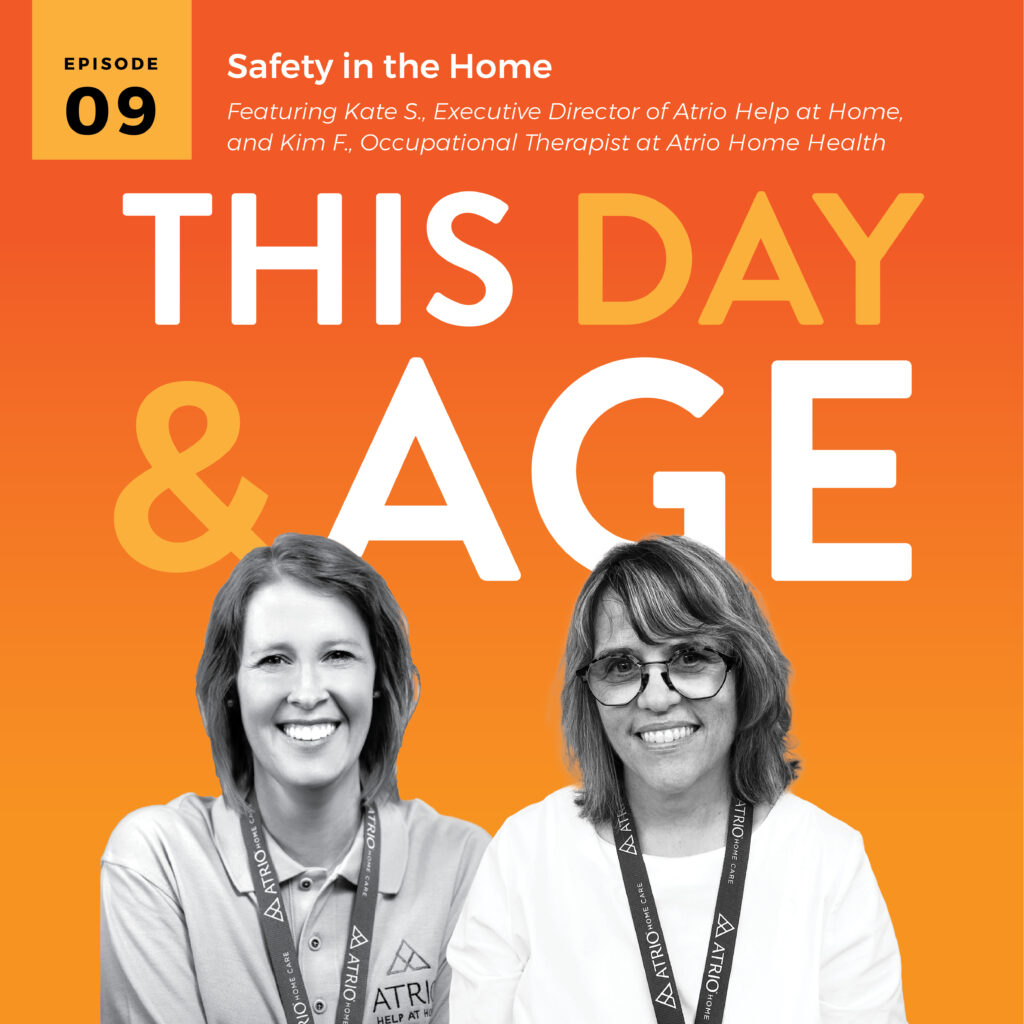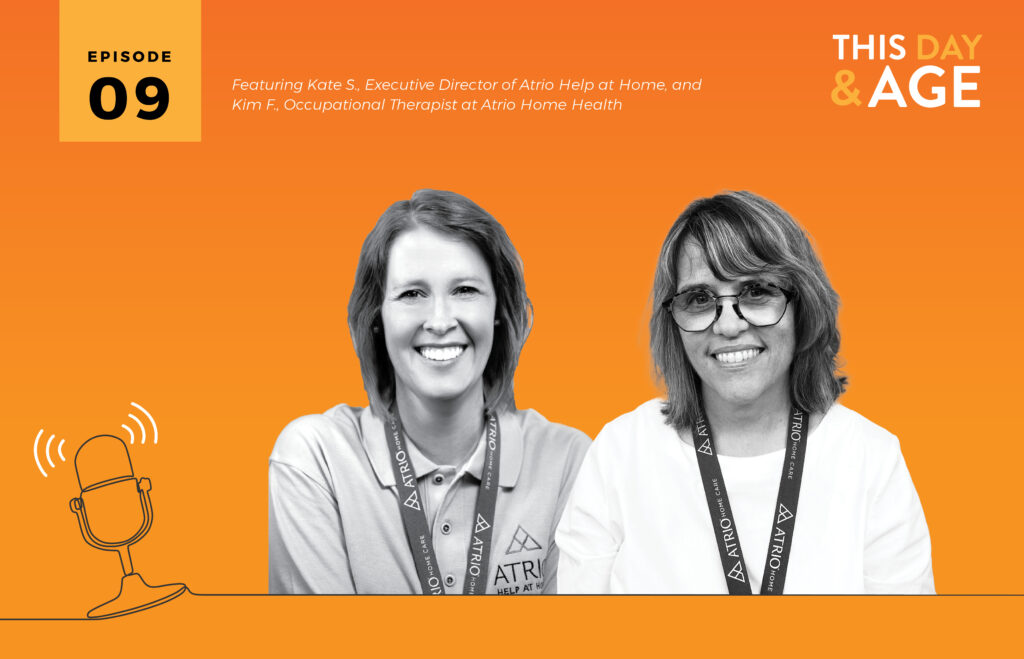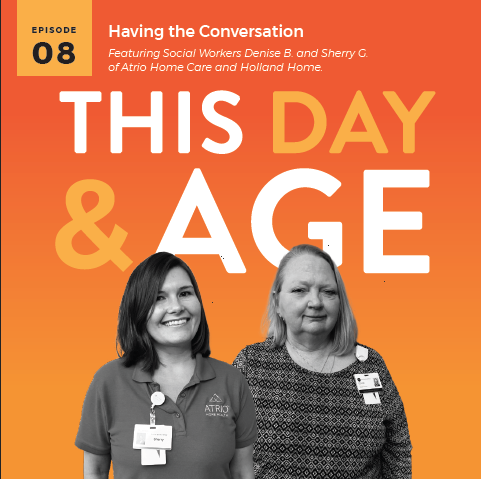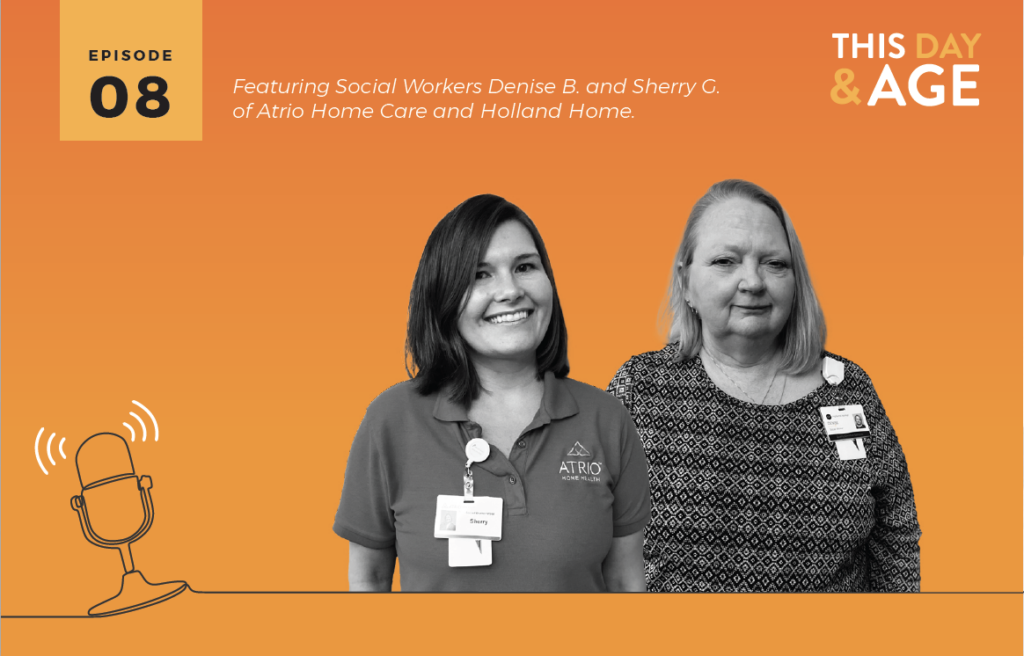
Atrio Home Care was created to meet a range of needs, bringing together the best clinical expertise in in-home healthcare and the most compassionate individuals delivering assistance to those aging at home. However, there is often confusion regarding what each entity provides—how they’re different and when to engage each. So, in this blog, we aim to clarify the distinctions so you can better plan for your or a loved one’s care.
Atrio Help at Home provides seniors with the home health aide services they need to live the independent lives they want. Whether helping with daily activities such as meal preparation, shopping, housekeeping, or personal care needs like bathing and dressing, our pre-screened staff provides seniors with a wide range of services and companionship, allowing them to continue living comfortably at home.
Typical clients who might use “Help at Home”
- Older adults or individuals with physical or cognitive impairments needing assistance with daily activities such as:
- Personal care assistance (bathing, grooming, dressing)
- Meal preparation and dietary management
- Light housekeeping and laundry
- Transportation and errands
- Companionship and social interaction
Atrio Home Health is for clients looking to get back on their feet following an illness, injury, or surgery. In collaboration with their physicians and care team, our nurses, therapists, social workers, and aides create a plan to meet our patient’s goals from the comfort of their own homes.
Home Health Services include:
- Dementia Care
- Skilled nursing care (wound care, medication management, monitoring vitals, disease education)
- Physical, occupational, and speech therapy
- Medical social services and care coordination
- Behavioral Health & Dementia Care
Typical clients our Home Health team serve include:
- Those requiring therapy services to regain independence
- Patients recovering from illness, injury, or surgery
- Individuals with chronic health conditions
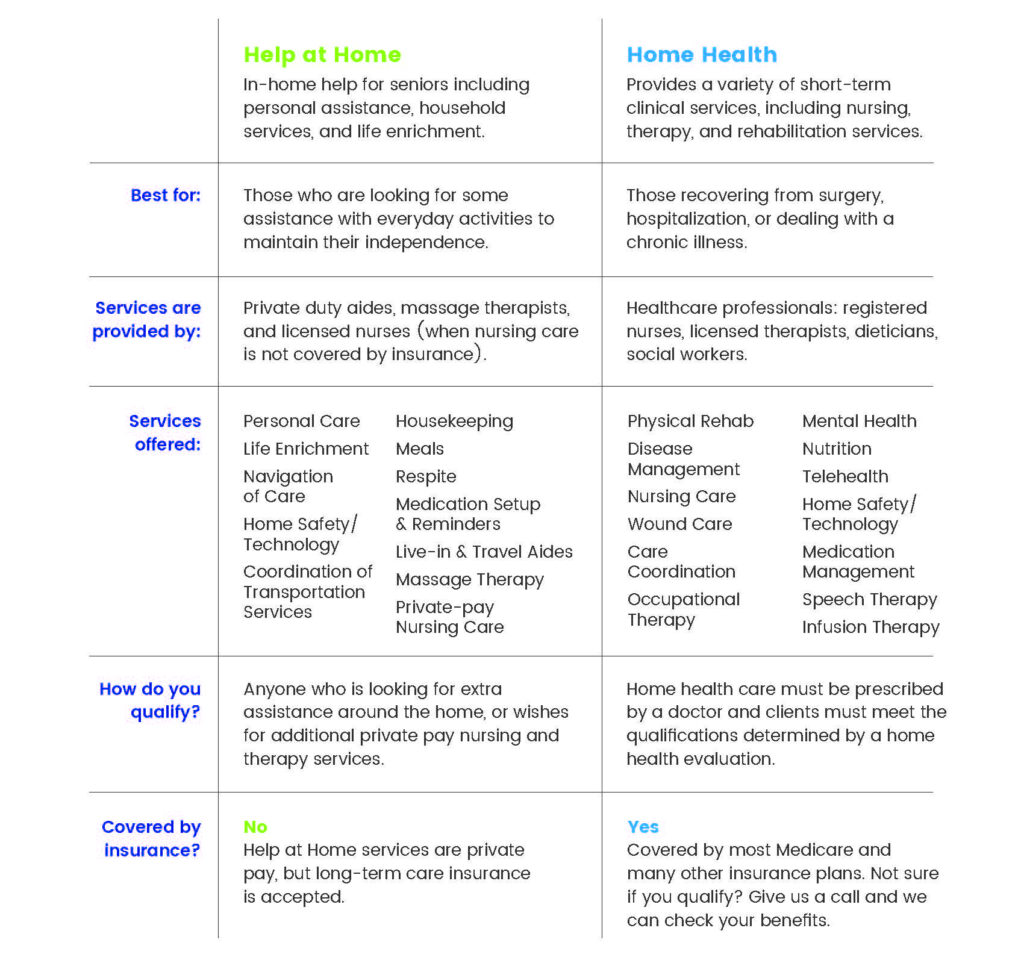
We’re here to help.
The journey to home care starts with understanding the services that will best help you or your loved one reach their goals and maintain their health as safely and comfortably as possible. For more information on how Atrio Help at Home and Atrio Home Health can help, visit our Home Care Planning Guide or give us a call with any questions.


